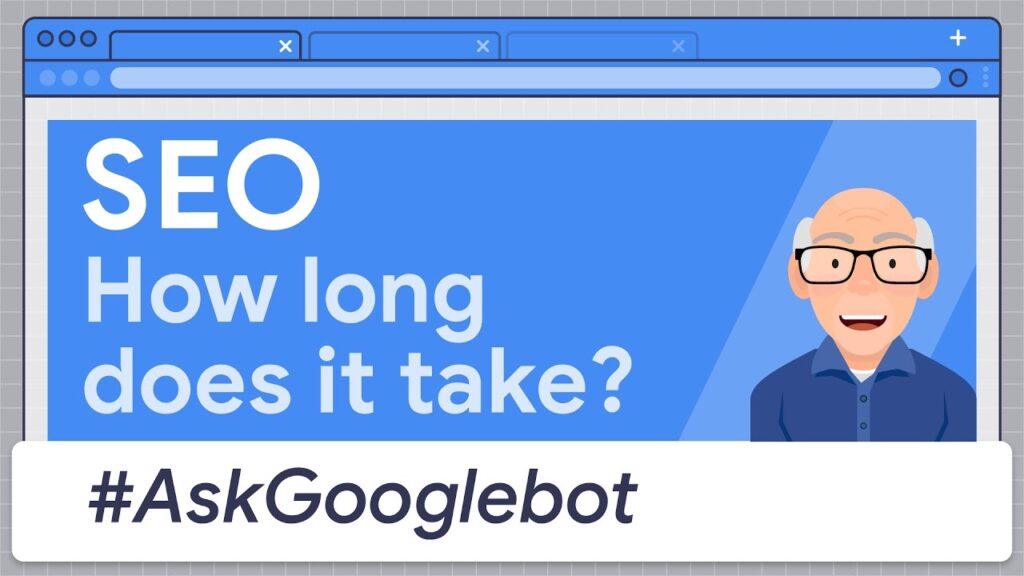Keyword search
How can I do keyword research faster and more efficiently? Don’t get me wrong, keyword research is, of course, important. SEOs and businesses use keyword research to decide which parts of their business to focus on, to forecast business results, to assess expansion opportunities, and of course to write title tags, brief editors or engage in other tactical activities. The fact is, if you paid a non-seo consultant perhaps a management consultant, for this level of strategic insight, you’d pay a fortune, and you’d listen very carefully.
And yet, in SEO companies, keyword research is the task most likely to be delegated to the most junior member of the team. It’s considered tedious work. In fact, it’s boring, repetitive and easy, or so we think. I know, because I’ve made this (erroneous) assumption on numerous occasions as a SEO I think there are three main ways in which what should be an integral part of strategic thinking can turn into a bore. I’ll cover them below, as well as the points to focus on.

Quantity versus quality
If you consult your favorite search engine and look for guides on how to conduct keyword research, you’ll find that the common theme is to start by compiling as exhaustive a list of potential keywords as possible. If you’ve run out of rows in Excel, or cells in Google Sheets, it’s apparently an honor.
Perhaps you’ll use tools like keyword multipliers, Google Search Console and GA Site Search to add as many obscure variants of your target keywords as you can find.
But it’s a crazy race!
The blog you’re reading right now receives 48% of its daily traffic from keywords that generate just one click. And it’s not as if we receive the same selection of low-traffic keywords every day. Google themselves have repeatedly stated that 15% of the keywords they see every day are completely new to them.
In this context, how can we hope to capture all the keywords that someone might use to reach our site? It seems totally unnecessary.
Why not save a huge amount of time and greatly simplify our analysis by capturing just the few main keywords for each unique intention we want to target?
Screenshot of a long list of potential keywords to target
It’s easy to produce a huge keyword list containing perhaps three or four intents, but this is a big waste of time, as you’ll only be producing a small fraction of a vast unknown sea of keywords, and you’ll be optimizing the main ones anyway. Not to mention that it makes the rest of your analysis totally tedious, and extremely difficult to consume afterwards.
Instead, try to capture 90% of the intent for your potential new page, product or site, rather than 90% of the potential keywords. It’s much more realistic, and you can spend the time you save making strategic choices rather than swearing at Excel.
By the way…
Remove automation
Another common tip is to manually use Google SERPs as a keyword research tool. It’s a good principle, and it’s advice I’ve given, especially to editorial teams looking for individual pieces of content, as it helps make the search more rooted in what they’re actually trying to affect (Google’s SERPs).
However, for large-scale keyword research carried out by an SEO professional, this is too manual and redundant a step. Why?
Because you’re probably already doing it, maybe twice, in other parts of your process. If you use a popular SEO suite, preferably Moz Pro, of course, but we’re not the only ones. This data is most likely already integrated into the suggestions you’ve downloaded. Save yourself the hassle of manual data collection (or worse, the unreliable and awkward scraping of SERPs on your home computer) and collect this valuable information only once.
Similarly, if you’re primarily looking for keywords you should be ranking for rather than the vast ocean of opportunities, you’ll get over 90% of that information by seeing who your competitors are, and what they’re ranking for and you’re not.
Screenshot of Moz Pro Keyword Gap analysis of keywords to be improved.
It doesn’t have to be a huge ordeal. Again, it’s about spending more time on the important things and less time on the tedious tasks.
The wrong metrics
The important thing is probably the prioritization, which means it’s probably a question of measures.
Generally speaking, the main metric involved in keyword research is search volume, and this is probably unavoidable (although not all search volumes are created equal – look out for a Whiteboard Friday on this topic in the autumn), but even the most accurate search volumes may not give an accurate complete image.
This situation is not unusual and is the subject of much discussion in the SEO industry. Many SERPs have organic results that start essentially below the fold. What this means for keyword research is that volume isn’t such an important metric. Importantly, you need both volume and CTR to know how many clicks are available, but that in itself is a bit suspect.
Again, there’s no need to exhaust yourself, as many tools, including Moz Pro, will give you CTR estimates for your keywords. So, in the same place where you get your volumes, you can get a measure that will stop you prioritizing the wrong things, or in other words, stop you wasting any more of your time.
Stop wasting your time
Keyword research requires a huge amount of skill, nuance and experience that I haven’t covered here. But I hope we can get into the habit of focusing on these elements, and not just shouting into the void of a spreadsheet.













